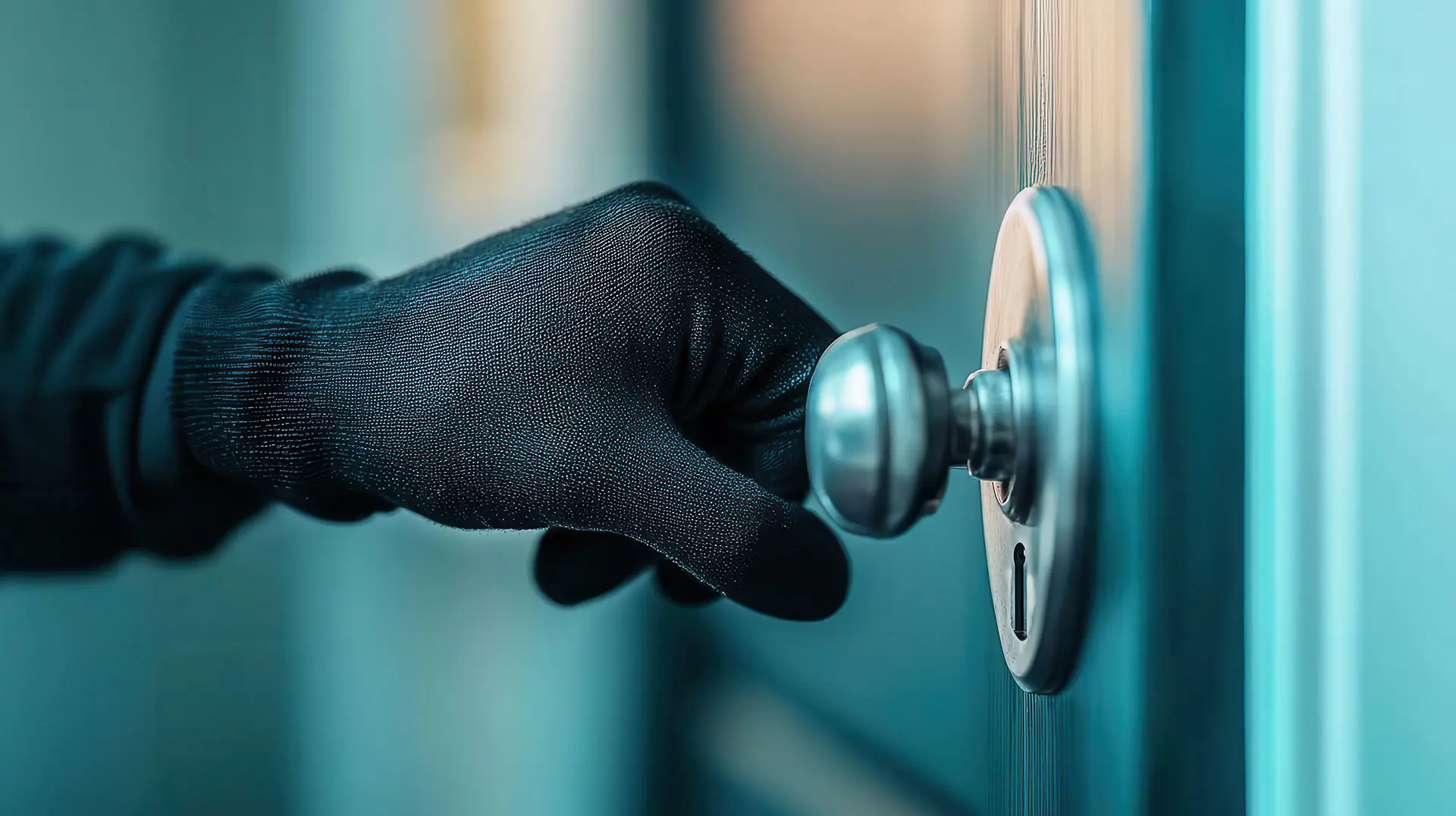Website Security
What’s the difference between a hacker and a burglar?
In short, the answer is: not much.
We invest so much time in our online presence that many of us view websites, emails and social media accounts as valuable assets, almost like real estate. While you might not be able to touch them like the ornaments on your mantelpiece or the jewellery in your bedroom, they are tangible entities all the same.
Protecting yourself online has become just as important as securing your home with an alarm or ensuring your doors and windows have sturdy locks. Websites today are far more dynamic and personal than the static pages we used to have a decade or more ago and when someone breaks into your digital space, it feels just as invasive as having an intruder in your home.
Why Would a Hacker Be Interested in My Site?
If you run a small business, you might wonder why a hacker would bother targeting your website. Surely, they only go after the big players like Sony or NASA, not your corner shop or boutique. Right? Wrong.
- Trainee Hackers: Many wannabe hackers target small sites for practice. They see it as a challenge, using basic programmes to find vulnerabilities. These attacks can be a nuisance but are generally not as sophisticated. However, multiple attempts can overload your server, slowing it down or causing it to crash—mission accomplished for the hacker, even if they don’t steal anything.
- Affiliate Scammers: These scammers use bots to search for websites with weak security. Once inside, they alter your code to insert spam links to undesirable websites, such as casinos, adult content or illegal drug sites. This can damage your search engine ranking and make your site vulnerable to more serious attacks.
- Hijackers and Thieves: These hackers take control of your website using more sophisticated software. Hijackers might use your site to distribute malware or phishing attacks, while information thieves aren’t interested in your site itself—they’re after sensitive data like bank details and personal information.
What Can I Do to Stop Hackers?
Just because your business is small doesn’t mean you aren’t at risk. In fact, with fewer security measures in place than large corporations, you’re an easier target. Here are some essential steps to protect your website:
- Limit stored data: Avoid keeping unnecessary personal or financial details. The less you have, the less attractive your site is to hackers.
- Keep your encryption and security software up to date: Ensure your hosting provider is up-to-date with security patches. If they’re not, consider switching to a more security-conscious provider.
- Test for vulnerabilities regularly: Conduct scans and penetration testing to identify any weaknesses. While it may cost a little to hire a professional, it’s a worthwhile investment that can save you from much bigger losses later on.
- Avoid risky plugins and apps: Be cautious about what you install on your site. Unvetted plugins can create an entry point for hackers.
- Update your CMS regularly: If you’re using a content management system (CMS), make sure you’re running the latest version. Outdated software is a common target for hackers.
- Strengthen your login credentials: Don’t rely on default or easily guessed login details. Use strong, unique passwords with at least 16 digits a mix of lower and upper case as wells as numerical and special characters.
- Invest in an SSL certificate: Secure Sockets Layer (SSL) certificates encrypt the data that flows between your site and your users. This not only secures your website but also boosts your credibility with search engines and customers.
- Choose your host wisely: Make sure your hosting provider prioritises security and don’t hesitate to ask them what measures they have in place to protect your site.
- Use security plugins: If you’re using WordPress, for example, consider installing plugins like Akismet for comment spam and WordFence Security to help prevent hacks and malware.
Website Security
As our online world becomes more complex, it’s vital to stay aware of the threats without becoming overly paranoid. Even small businesses are potential targets, so it’s crucial to be proactive about your website’s security. Make sure your business is protected online, because no one is too small to be at risk.





